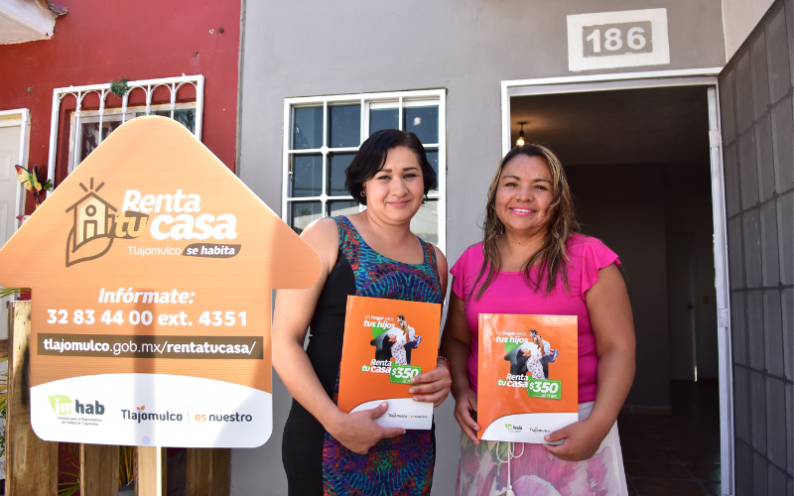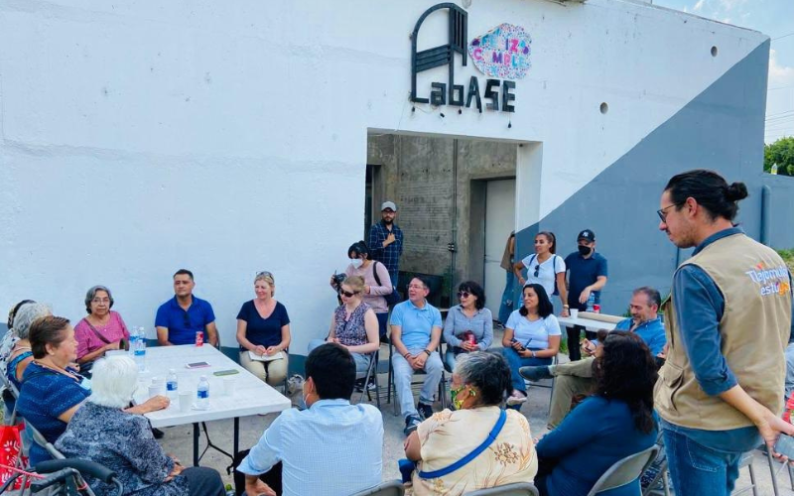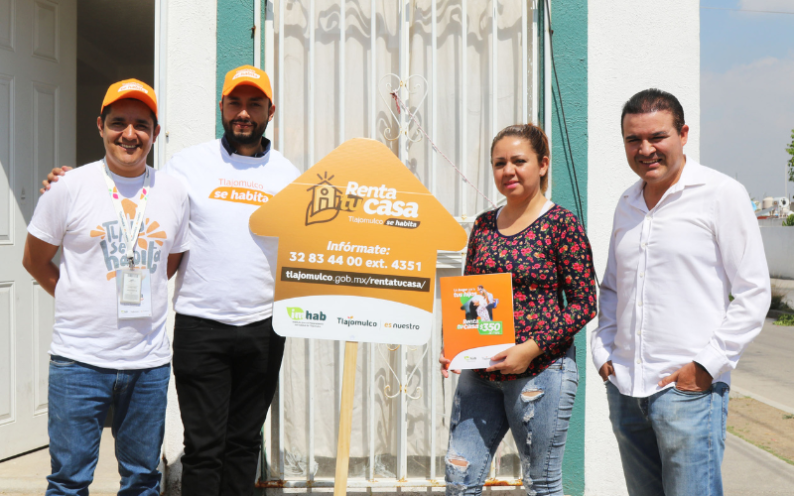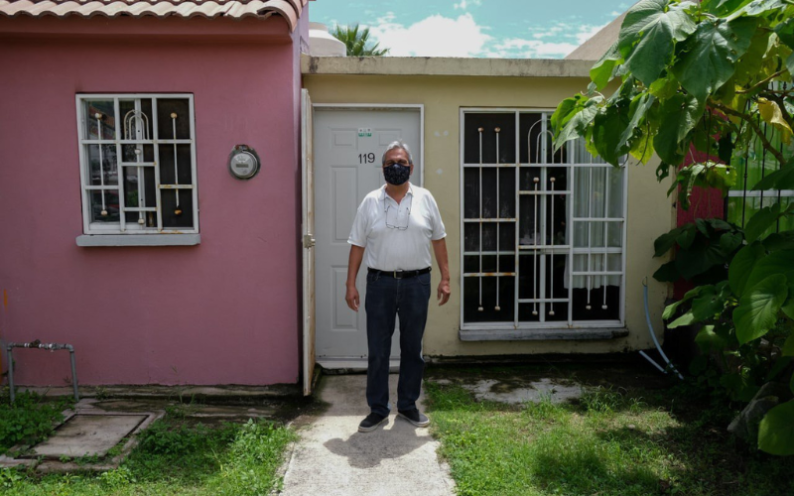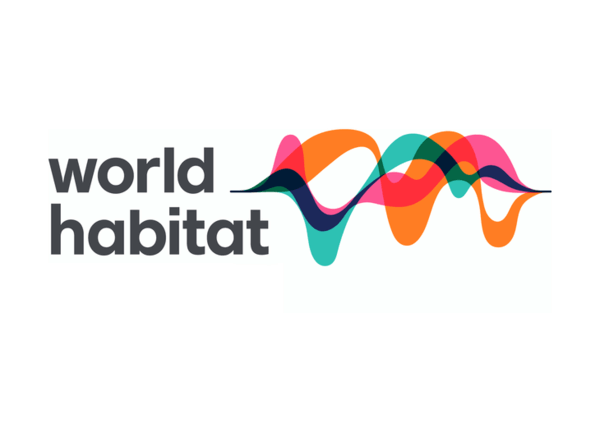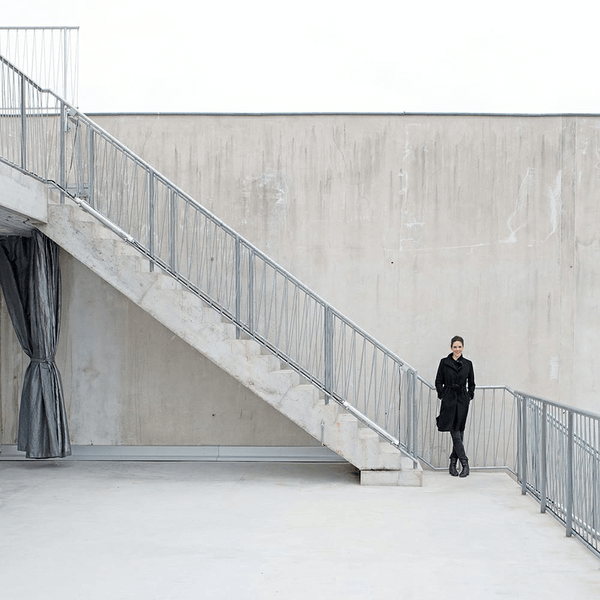City
Tlajomulco de Zúñiga
Main actors
City Government, Regional Government, Supranational / Intergovernmental Institutions, Private Sector, Community / Citizen Group
Project area
Metropolitan Area
Duration
Ongoing since 2019
Renta tu Casa (Rent Your Home) is a programme run by Tlajomulco de Zúñiga municipal government, through which it seeks to address the empty homes crisis while supplying very affordable housing for people in need. It is the first municipal programme in Mexico that turns privately– owned empty homes into low-cost rental accommodation for vulnerable groups. These include homeless people, victims of domestic or gender-based violence, the elderly, people with disabilities, and migrants.
In the first three years of the programme, 265 people were housed in 85 homes across 30 different neighbourhoods. A new municipal urban planning instrument will enable more houses to be integrated into the programme. Under new rules, private developers will be allowed to build housing projects with a higher density than specified in the local land-use plan, if they agree to donate homes to the Renta tu Casa programme. These homes can be in the new development, or they can be existing homes owned by the developer that meet the programme’s standards.
Originally published by World Habitat: Link
World Habitat Awards
This project was awarded the 'World Habitat Awards' in 2023 in the following category: Bronze.
External links / documents
On Map
The Map will be displayed after accepting cookie policy
